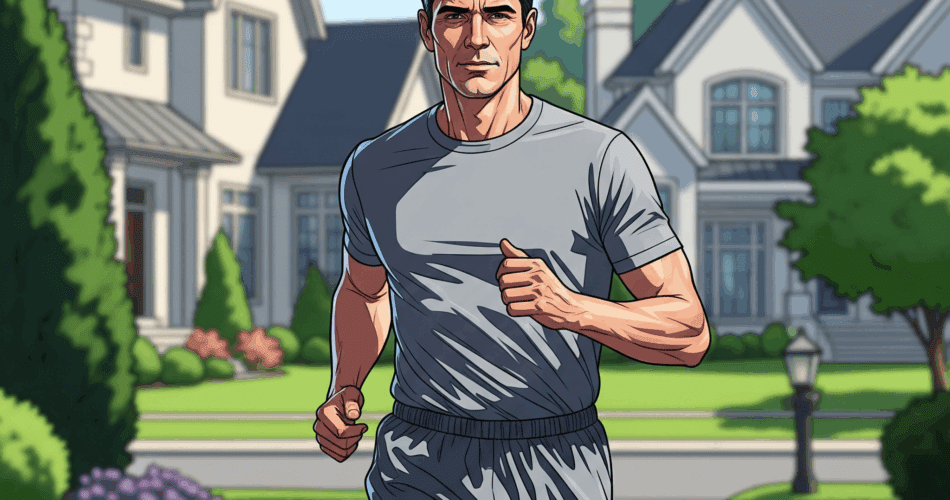The Slow Burn of Self-Destruction: Lessons from “Your Friends and Neighbors”
Last night, I watched the final two episodes of Season 1 of Your Friends and Neighbors. I believe it was episode 8 when everything finally caught up to Coop. After a wild night—drinking, drugs, and indulgence with his boys—he finds his ex-wife at his doorstep. They talk. And then, Coop does what a lot of us do when the truth gets too loud: he runs.
But it’s during that run that something powerful happens. As he moves through the streets, images of his past come flooding in. His choices. His betrayals. His wreckage. And then he says:
“You rarely destroy your life in a single moment. It is usually a series of single moments. A series of moments over time. When reality finally came crashing down on me, I could see every one of those moments perfectly lined up, as if it was by my own design. So the question wasn’t, ‘How did this happen to me?’ The only real question was, ‘How the fuck did I not see it coming?’”
Coop couldn’t have said it better.
The truth is, most of us know when we’re doing something that isn’t good for us. We don’t need a therapist or a friend to call it out. Deep down, we feel it. But we override that feeling. We keep going. And eventually, it becomes our identity.
That’s how it happens—not in one cataclysmic moment, but through a hundred tiny ones. Those small choices either shape us into someone we respect… or someone we don’t even recognize anymore.
And sometimes, we wake up too late.
Look at P. Diddy. At one point, he was the blueprint of success—fame, money, power. But behind the scenes, there was a pattern: one “moment” after another ignored, buried, or normalized. Now, that once-celebrated empire is cracking under the weight of choices long made. The receipts are surfacing. And the fall is steep.
Same with Jeffrey Epstein. He didn’t become infamous overnight. It was a slow, sinister build—one horrific choice after another, hidden behind wealth and influence. But the truth has a way of surfacing, even if it takes years. And when it does? The fallout is brutal.
The point isn’t just about them—it’s about all of us. Because self-destruction rarely looks dramatic in real-time. It looks like compromise. It looks like denial. It looks like convenience. And then, one day, everything you built on shaky ground comes crumbling down.
Coop had a choice. He saw the wreckage. He knew the consequences. But even with that clarity, spoiler alert: he still couldn’t stop. Season 1 ends with him standing at a fork in the road—one path toward redemption, the other toward collapse. And my gut tells me he won’t choose wisely.
This isn’t a neat redemption arc. It’s more Breaking Bad, more Ozark. Where things don’t end with a bow, but a bang.
So maybe the real question isn’t “How did this happen?”
It’s:
When everything inside you is telling you to stop—will you?
Or will you just keep running until it all catches up?

